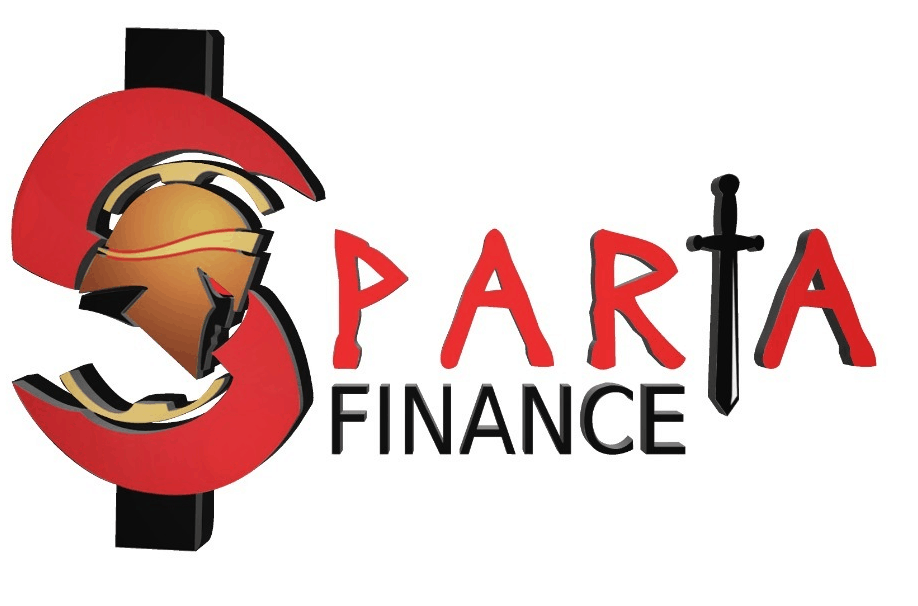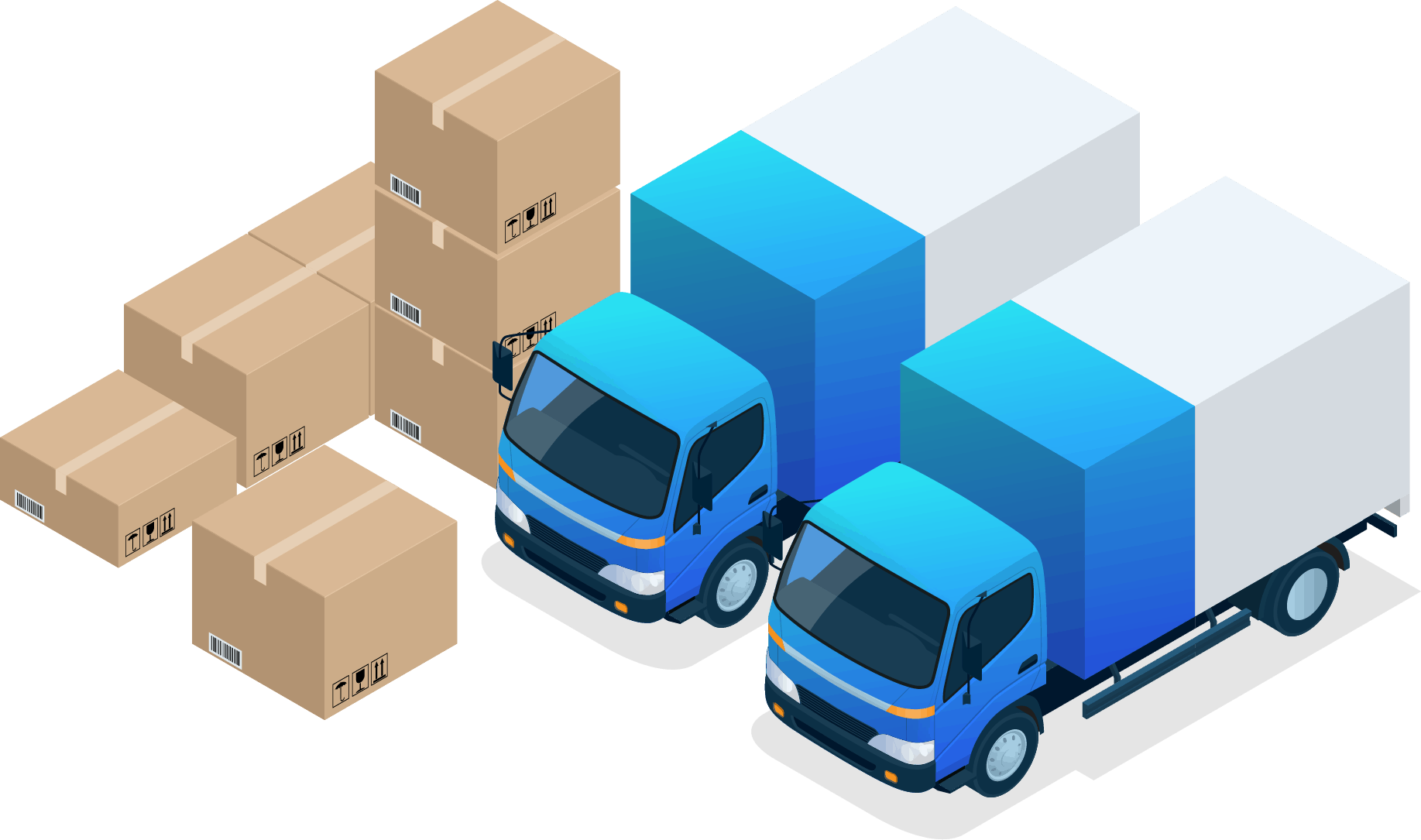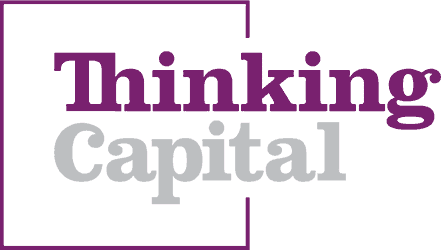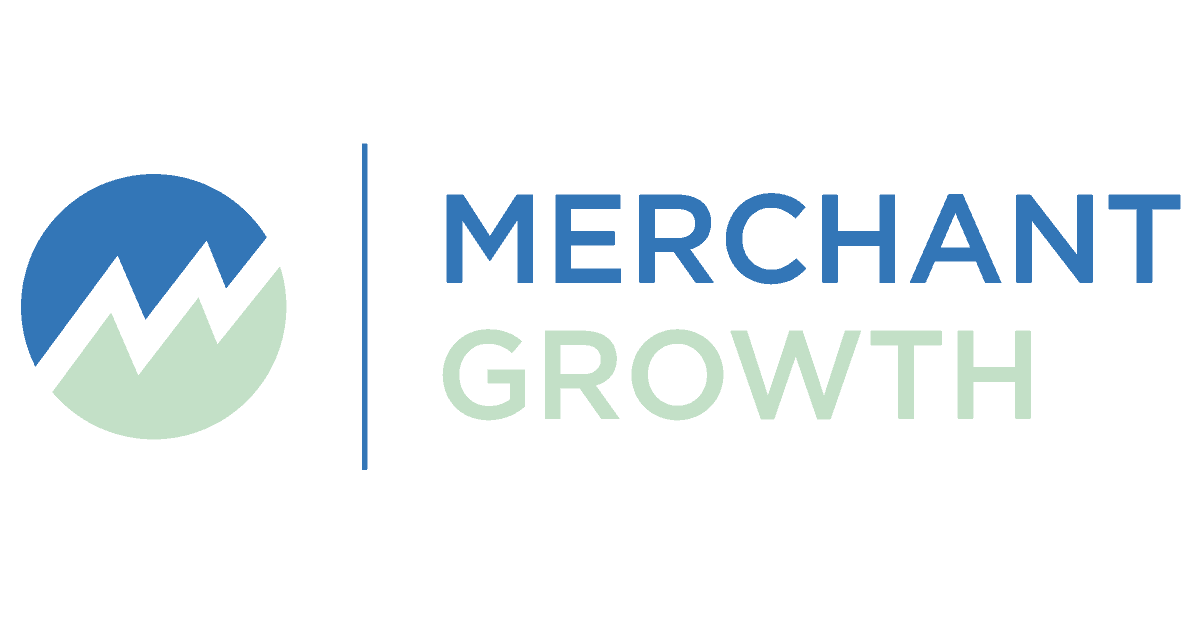How to Apply For A Truck Loan
Obtaining a truck loan in Canada involves a systematic process to ensure the best interest rate and loan terms. Here are the step-by-step details:
1. Determine Your Needs
Start by identifying the type of truck you need. Are you looking to finance older trucks, or do you require a new one? Understanding your needs helps determine the size of the loan.
2. Evaluate Your Finances
Review your financial health. Do you have enough assets to support the loan? Evaluate your cash flow, ensuring you have enough money to cover the monthly payment.
3. Research Lenders
Look into various lenders, including banks, credit unions, and other financial institutions. Each lender has different criteria and interest rates, so it’s essential to find one that best aligns with your situation.
4. Prequalify for the Loan
Prequalifying gives you an idea of the interest rate, term length, and loan amount you might qualify for. Most lenders in Canada offer this service, helping you estimate your monthly payment.
5. Select the Truck
Once prequalified, choose the truck you want to finance. Remember, the truck will act as collateral, so its value is crucial.
6. Official Loan Application
With your chosen truck, apply for the loan officially. The lender will review your application, assessing your creditworthiness and the truck’s value.
7. Loan Approval
If approved, the lender will provide loan details, including the final interest rate, term, and payment schedule. Review these terms carefully.
8. Finalize the Purchase
After accepting the loan terms, finalize the truck purchase. The lender will guide you through this process, ensuring the truck’s title is appropriately transferred.
9. Begin Payments
With the truck now in your possession, begin your loan repayments as per the agreed schedule. Timely payments can help build your credit score.
10. Consider Leasing as an Alternative
If obtaining a loan seems challenging, consider leasing the truck. Leasing often requires lower upfront costs and allows you to upgrade the vehicle regularly.

































